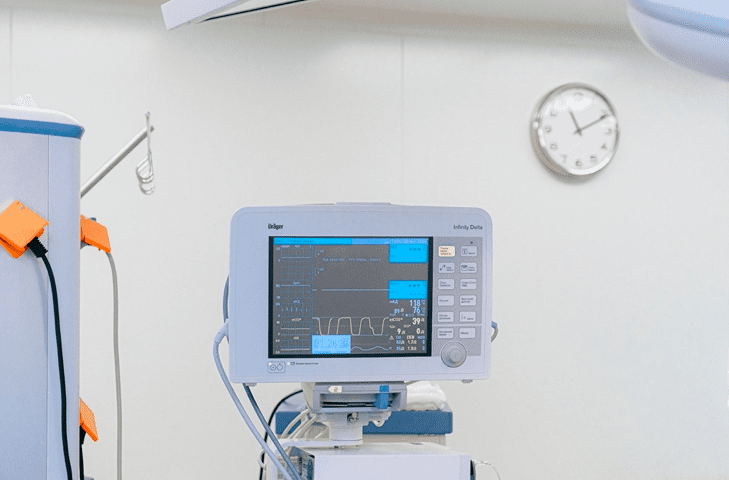7 Deadly Sins of Private Practice Cybersecurity
Healthcare data breaches have become a ticking time bomb. In 2024 alone, major cyberattacks have crippled some of the biggest players in the industry:
- Change Healthcare: A ransomware attack disrupted billing and pharmacy systems for weeks, affecting up to a third of Americans’ medical data.
- Kaiser Permanente: A breach exposed the personal information of 13.4 million patients.
- Ascension Health: A cyberattack in May caused nationwide system outages, leaving hospitals struggling to access patient records.
If these massive organizations can be hit, your private practice is at risk too. Don’t let these 7 Deadly Sins leave you exposed:
1. Reusing Weak Passwords
Too many practices rely on weak or reused passwords, which are a hacker’s dream. Enforce strict password policies in Google Workspace or Office 365 (at least 12 characters with a mix of letters, numbers, and symbols). Combine this with an enterprise-grade password manager like Bitwarden or LastPass. These tools generate and securely store complex, unique passwords across all systems.
2. Skipping Multi-Factor Authentication (MFA)
Relying solely on passwords is playing with fire. MFA adds a crucial second layer of protection. Without it, even the best passwords can be bypassed. Make MFA mandatory for all critical systems like your EMR and email.
3. Failing to Encrypt Devices
Leaving your devices unencrypted is like leaving your front door wide open. Encrypt every device, whether it’s a desktop, laptop, or mobile. Tools like BitLocker (Windows) and FileVault (macOS) ensure data remains secure, even if a device is stolen.
4. Neglecting Email Security (SPF, DKIM, DMARC)
Phishing attacks are rampant. If you haven’t set up SPF, DKIM, and DMARC records, hackers can easily spoof your emails. This trio ensures only legitimate emails are sent from your domain, protecting your patients and partners from fraudulent messages.
5. Ignoring BAAs with Cloud Providers
Using cloud services without a signed Business Associate Agreement (BAA) is not just risky—it’s illegal under HIPAA. Make sure providers like Microsoft, Google, or AWS have signed BAAs to ensure you’re compliant and protected.
6. Overlooking Role-Based Access Control
Not every employee needs access to every system. Use a secure system, like a Google Sheet or Excel, to track permissions and update them as roles change. For larger teams, transition to automated access control systems that adjust based on staff responsibilities.
7. Using Personal Emails for Patient Communication
Personal emails are a major security risk. Every staff member who interacts with patients—past, present, or future—should have a practice-managed cloud email through Google Workspace or Microsoft 365. This keeps patient data secure and lets you manage or deactivate accounts easily when someone leaves.
FAQs
Q: Why is MFA so critical?
A: Even if someone steals your password, they won’t get far without that second verification step.
Q: What’s the big deal about encryption?
A: If a device is stolen, encryption ensures that your patient data remains unreadable, safeguarding your practice from a costly data breach.
Q: Why should I care about email security?
A: Phishing attacks are on the rise. Properly configured email authentication can stop hackers from impersonating your practice and tricking patients.







